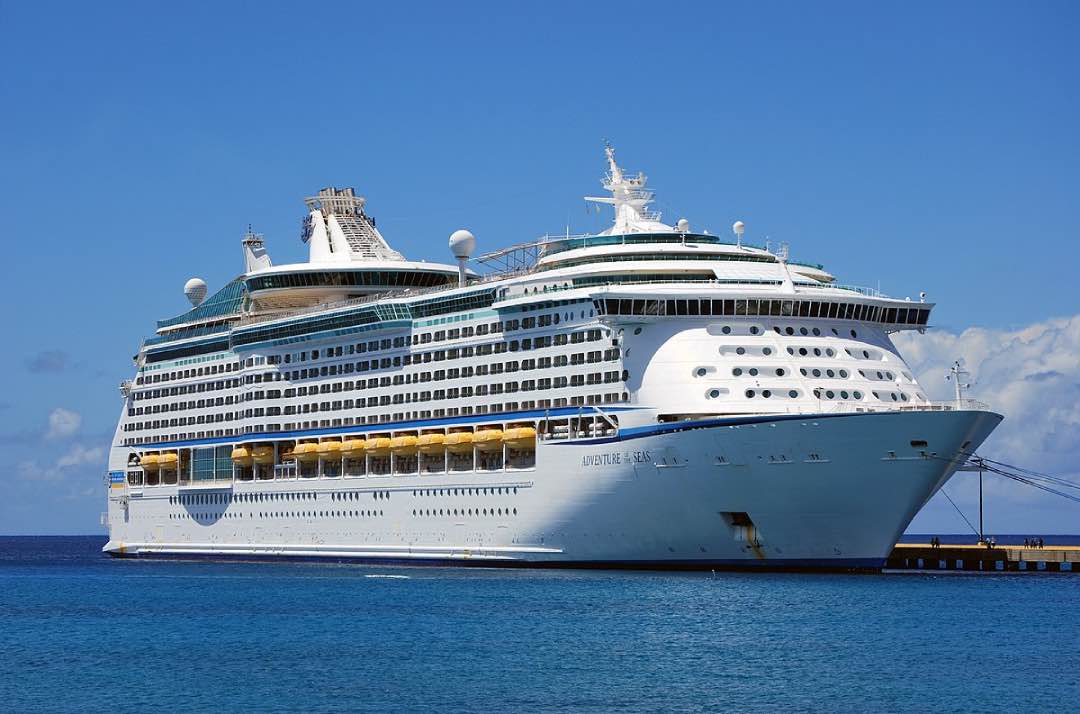Cruise ships are meant to be a relaxing experience where you get to chill and go from city to city. It is one of the most popular forms of vacation for older people since they have a lot more free time. However, this also means that every once in a while a passenger can pass away. These cruises want people to enjoy their trip as much as possible, which is why staff gets trained to deal with this. Keep on reading to discover how frequent it actually is and how the crew deals with a situation like this.
It happens more frequently than you’d expect
Cruises are designed to be a relaxing experience, however, their main passengers are older people. With more than 50% being older than 50 years old. However, a big part of this group is older than 70 years old. This is why experts estimate that there are around 200 deaths per year on cruise ships. These deaths are mostly from natural causes, however, there are other cases as well. For example, it is also a possibility that deaths occur from negligence and when this is the case, an investigation will be launched.

Most cruise ships are equipped with a morgue to store and preserve the body until they reach the next port. For family members there often is a small place where they can go to hold a ceremony. However, they don’t like to bring attention to the fact that someone passed away. This could be a real bummer and ruin the trip of other guests as well.
Special procedures and code words used on cruise ships
Whenever someone dies on a cruise, the crew has to be able to talk about it without worrying other passengers. So certain code words get used to talk about it. For example, in most cruise ships the crew uses the phrase “Operation rising star” to indicate that that passenger died. There are other more simple codes that differ from ship to ship to indicate other problems or technical failures without the passengers finding out.
There are also certain procedures to deal with these types of situations. The body can’t stay on the ship, so it will have to be deboarded at the next stop. One of the family members is required to deboard as well The Cruise’s staff will also have to notify port authorities about the body on board. . If the passenger was traveling alone, then the emergency contact would be contacted to inform them of the situation and the plan.
To prevent other passengers from seeing a body, the crew has to work during times when fewer passengers are around. This is why they choose the early morning to help disembark the body and family members off the ship.
